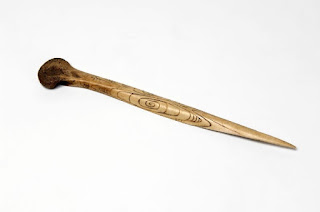Horses can recognise human emotion, new study shows

Psychologists have shown for the first time that horses are able to distinguish between positive and negative human facial expressions. Look angry and a horse is likely to give you a sideways glance: using its left or sinister side. Its heart rate will increase, too. And both are indications that a horse can recognise a human emotion. Psychologists at Sussex University, who last year compiled a dictionary of the facial expressions that might indicate emotions in a horse, report that they have just turned the experiment on its head: they have explored the equine capacity to read a human face. And man’s favourite neigh-sayer can not only tell whether a human might be in a bad mood, it can do so from a photograph. The scientists report in the journal Biology Letters that they made high quality, large size colour prints of the same male human smiling and baring his teeth, and frowning and baring his teeth: expressions of positive and negative emotions from ...













